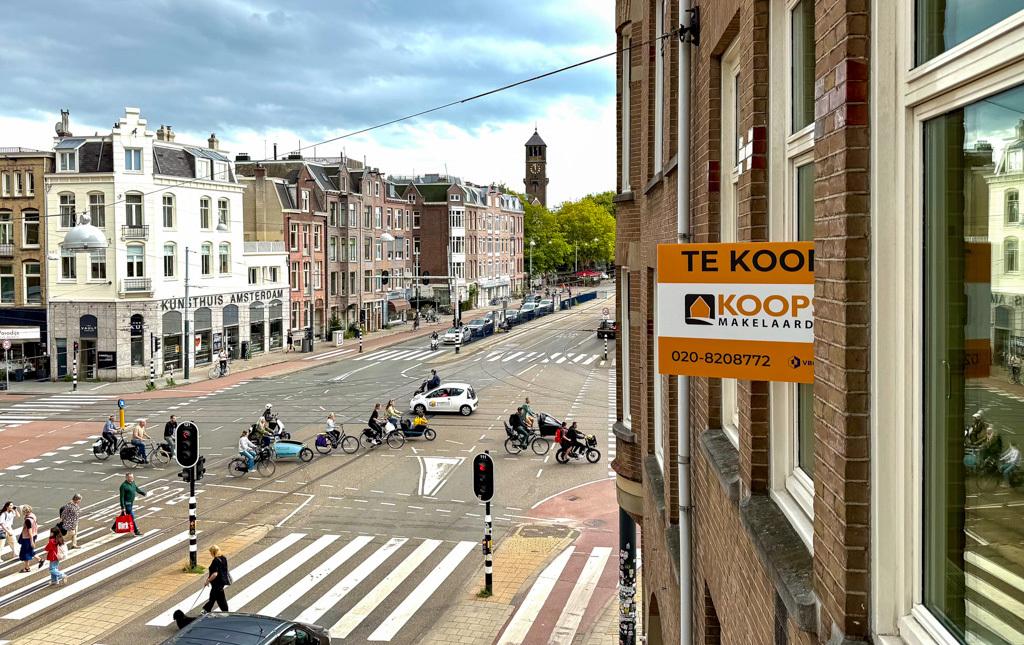Vacant properties and the rules surrounding them vary from one municipality to another in the Netherlands. Here are the main aspects to keep in mind:
- Many municipalities in the Netherlands have vacancy regulations, which may require the owner of an empty property to report the vacancy to the municipality. However, this policy varies from municipality to municipality: some municipalities actively act against long-term vacancy, while others enforce it less strictly.
- Usually, a property must be reported as ‘vacant’ if it has not been occupied for more than six months. The municipality can enforce this and even require the property to be rented out temporarily, for example through the Empty Homes Act.
After 6 months, you have to report vacancy
This rule applies to all types of independent properties, including properties within an Owners' Association (VvE). The municipality will then contact the owner within two months to make arrangements for a so-called ‘vacancy decision’. The purpose of this decision is to make the property available for occupation again.
What does a vacancy decision entail?
A vacancy notice may contain the following provisions:
- Obligation to occupy: If the property is suitable for occupancy, it must be re-occupied within two months.
- Provisioning: The owner may be required to make certain facilities within a specified time to make the property habitable.
- Market rent: The municipality can set a market rent at which the property can be let.
- Letting in case of sale protection: If the property is protected from sale, the owner must temporarily rent out the property and apply for a permit to do so.
- Letting in case of demolition or renovation: If the property is destined for demolition or renovation, the owner may be required to temporarily let the property and apply for a permit to do so.
These rules help prevent properties from being left vacant unnecessarily and encourage the reoccupation of living space.
Fine for not reporting vacancy
In Amsterdam, for example, if you fail to report vacancy to the municipality, you risk a fine. For private homeowners, this is a minimum of €4,500, while professional landlords can be fined up to €9,000 per property. In addition to the fine, the municipality can also impose a penalty payment to ensure the vacancy is still reported.
Squatters and vacancy
- Since the Squatting and Vacancy Act (2010), squatting is officially punishable, but squatters can sometimes claim ‘necessary use’ of vacant properties under conditions. However, municipalities and police can still take action against squatters, especially when owners are demonstrably working on a solution (such as selling, renting or rebuilding). In short, squatting is prohibited and punishable. You can find more information on squatting here.
It is always wise to contact your own municipality for specific regulations and to go over your vacancy or plans.
Municipalities may apply different requirements and controls for each situation, depending on the housing market and vacancy issues in the region.



